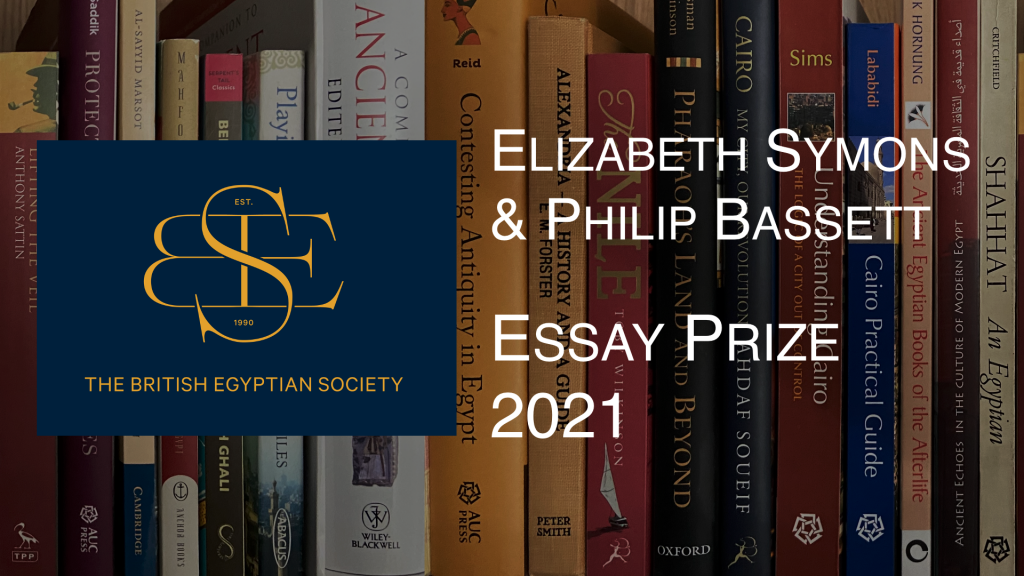
The British Egyptian Society is pleased to announce the launch of the Elizabeth Symons and Philip Bassett Essay Prize. The Rt Hon Baroness Symons of Vernham Dean was introduced to the British Egyptian Society by the then Egyptian Ambassador, Mr Gehad Madi, in 2006 and has been Chairman of the Society since 21 February 2006. From 2001 until 2005, she was Minister of State for Foreign Affairs with responsibility for the Middle East, International Security, Consular and Personal Affairs, and Deputy Leader of the House of Lords.
In tribute to the long service of Lady Symons and in memory of her late husband, Mr Philip Bassett, the Society is launching the ‘Elizabeth Symons and Philip Bassett Essay Prize’, a competition intended to offer opportunities to younger writers.
It is said that these words were written on the walls of the Inner Temple in Luxor: ‘Have the wisdom to abandon the values of a time that has passed and pick out the constituents of the future. An environment must be suited to the age, and people to their environment.’
From time immemorial, Egypt has been a source of inspiration to the world. What now does Egypt offer to the future?
The general topic of the essay is ‘Egypt in the 21 century – the constituents of the future’.
You might choose one or more of the following:
The threat to the environment, strategies for equality for women and girls, the economic influence and social impact of technology, short-and long-term changes in a post-pandemic Egypt, the role of the arts, education and culture in shaping the future – but you are not limited to these areas.
First-hand experience or personal study/research in your chosen area, to strengthen your argument, is advisable. Your audience is an educated reader with at least a general knowledge of Egypt.
The standard of entries for competitions like this is usually high and choosing a winner is extremely difficult. The judges are particularly looking for originality of thought, a clear writing style, breadth of reading and a critical approach to sources. They are looking also for a clear structure to the essay and a clear rationale to the argument.
We are aware that there are websites that offer to write or complete essays for competitions. Entries composed in this way are fraudulent, will be detected, and will not be accepted.
Please read through the following information carefully.
Noel Rands, Secretary of the British Egyptian Society will act as administrator for the Prize. If you have any queries, please contact Noel at essayprize@britishegyptiansociety.org.uk.
Further information about the judges is available here.